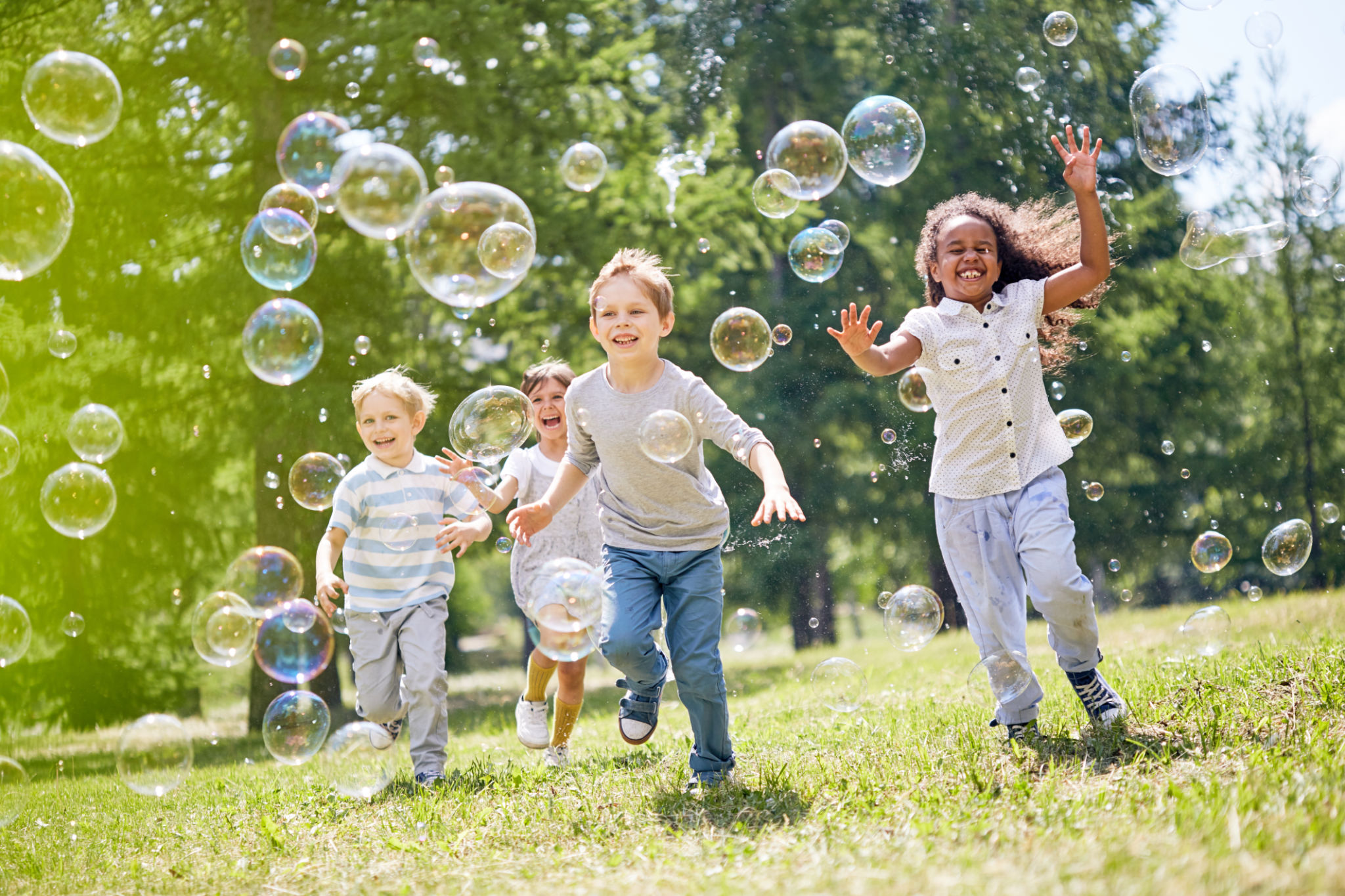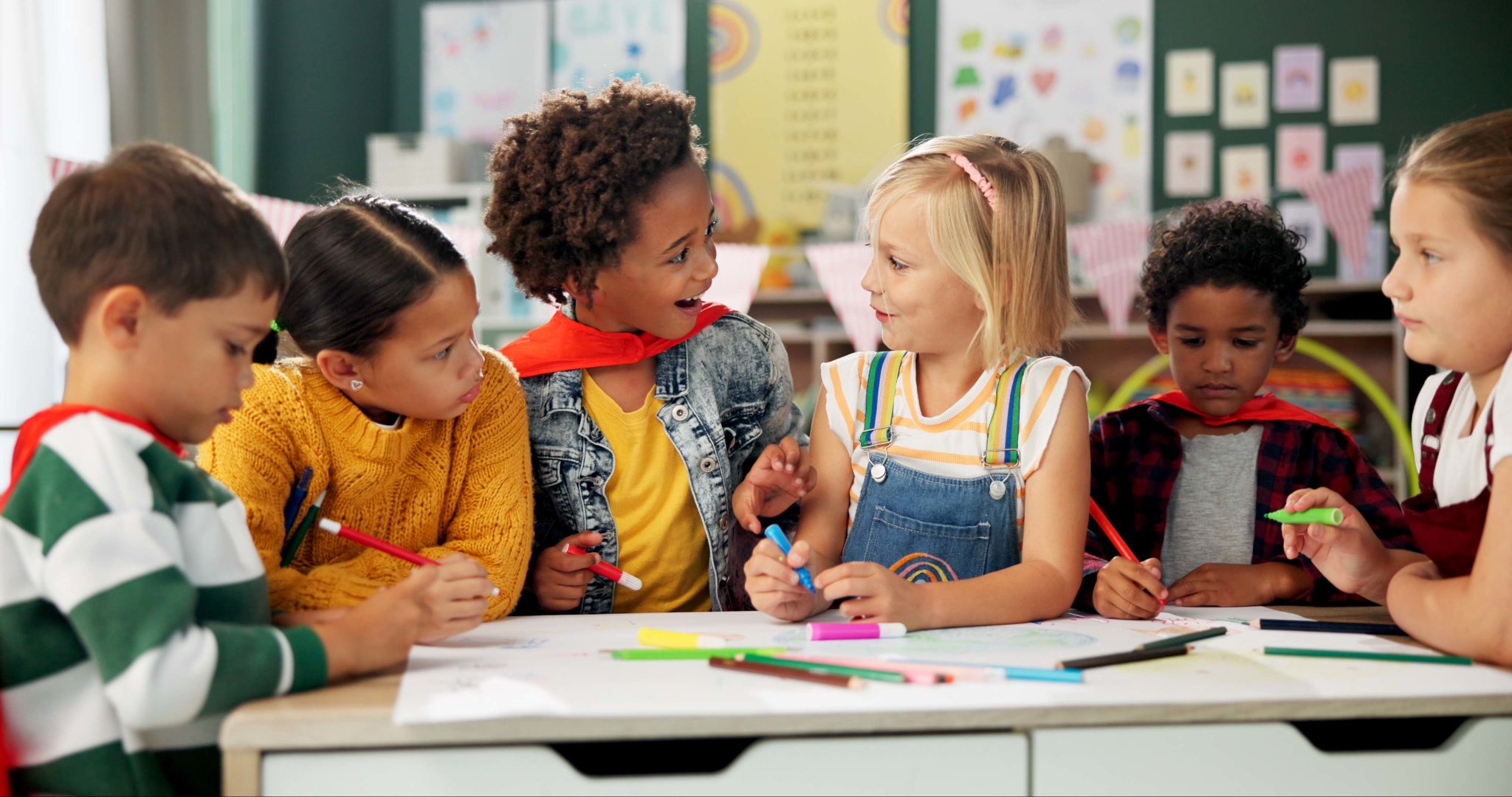The Role of Seasonal Activities in a Play-Based Learning Curriculum
The Importance of Seasonal Activities in Play-Based Learning
Play-based learning is a dynamic educational approach that emphasizes the importance of play in child development. Within this framework, seasonal activities play a crucial role in enhancing the learning experience. These activities not only make learning more enjoyable but also help children connect with the world around them, fostering a deeper understanding of various concepts.
Seasons provide a natural rhythm that can be seamlessly integrated into the curriculum. By aligning activities with the seasons, educators can create engaging and meaningful learning experiences that capture children's interest and imagination. Let's explore how seasonal activities contribute to a well-rounded play-based learning curriculum.

Encouraging Physical Development
Seasonal activities often involve outdoor play, which is essential for children's physical development. Whether it's running through leaves in the fall or building snowmen in winter, these activities offer opportunities for children to develop their gross motor skills. Engaging in physical play helps improve balance, coordination, and overall fitness.
Moreover, outdoor seasonal activities provide children with fresh air and exposure to natural sunlight, which are important for their health and well-being. Encouraging children to participate in these activities helps them build strong muscles and bones while also promoting healthy lifestyle habits.
Fostering Creativity and Imagination
Seasonal changes bring new sights, sounds, and textures that stimulate children's creativity and imagination. When children participate in seasonal crafts, such as making leaf collages or designing holiday decorations, they have the chance to express themselves artistically. These activities encourage children to think creatively and explore different materials and techniques.

Additionally, seasonal storytelling and role-playing can transport children to different worlds, allowing them to explore new scenarios and characters. This type of imaginative play enhances their cognitive development by encouraging problem-solving, critical thinking, and social skills.
Building Social Connections
Participating in seasonal activities often involves collaboration with peers, which helps children develop essential social skills. Group activities like organizing a spring garden or performing a holiday play encourage teamwork and communication. Children learn to share ideas, negotiate roles, and work together towards a common goal.
These interactions are valuable for building friendships and fostering a sense of community. When children engage in seasonal group activities, they develop empathy and learn how to navigate social dynamics effectively.

Integrating Academic Concepts
Seasonal activities provide a natural context for introducing academic concepts in an engaging way. For example, observing changes in weather can lead to discussions about scientific concepts like temperature and precipitation. Planting seeds in spring can introduce children to biology and the life cycle of plants.
Moreover, seasonal themes can be incorporated into literacy and math lessons. Reading books about winter animals or counting pumpkins during fall activities makes learning more relatable and enjoyable for young learners. This integration of academics with play helps reinforce important concepts while keeping children motivated and curious.
Conclusion
Incorporating seasonal activities into a play-based learning curriculum offers numerous benefits for children's development. It provides opportunities for physical exercise, fosters creativity, builds social skills, and enhances academic learning. By embracing the changing seasons as a natural framework for education, teachers can create a vibrant and dynamic learning environment that supports holistic growth.
As educators continue to explore the potential of play-based learning, seasonal activities will remain a valuable tool for engaging young minds and nurturing their development. Through these experiences, children not only learn about the world around them but also grow into well-rounded individuals prepared for future challenges.
